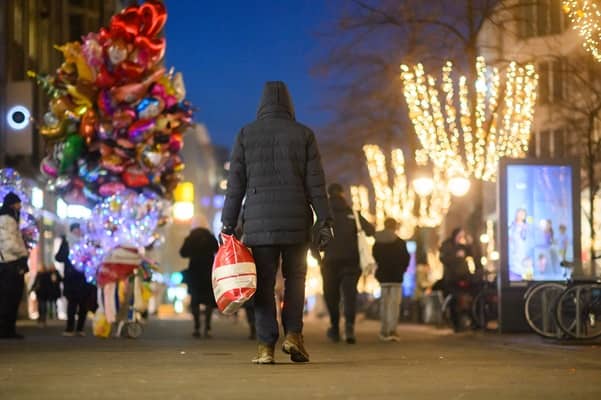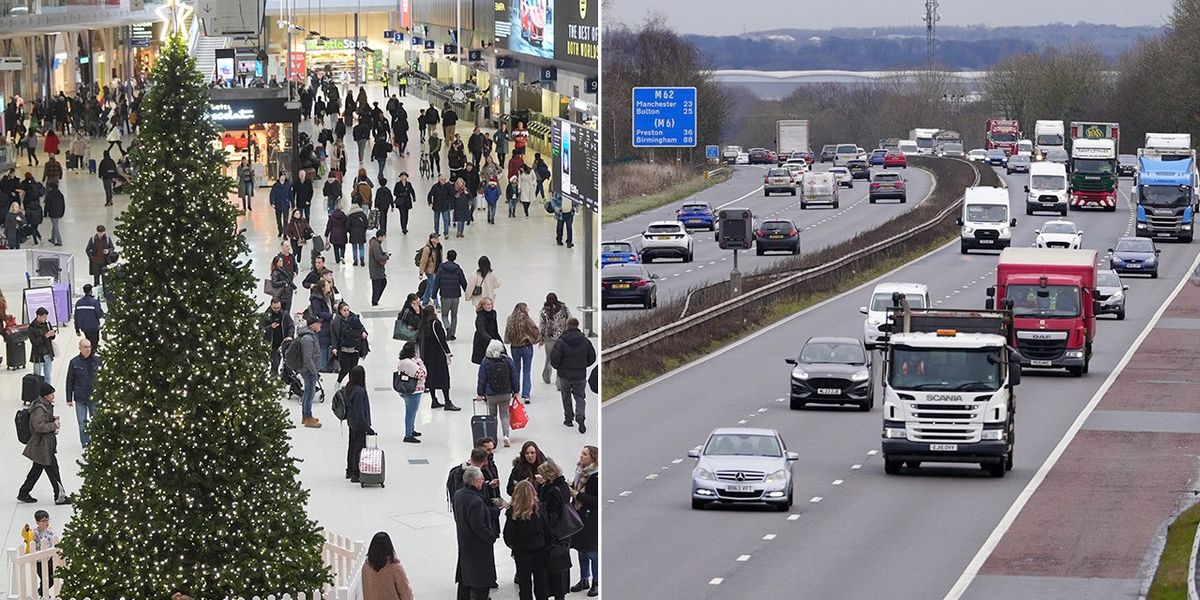Jobs
Smithfield and Billingsgate: The end looms for two London markets

Market rights were subsequently granted to the City of London by Edward III in 1327 and, over the centuries, the livestock market remained in place as London expanded around it.
In 1726, Daniel Defoe hailed it as being “without question, the greatest in the world”, but by the 1800s the combination of live animals in a rapidly growing city was proving objectionable to some Londoners.
Charles Dickens was among those to moan about the mess, writing in Oliver Twist in the late 1830s how it had become a place where “countrymen, butchers, drovers, hawkers, boys, thieves, idlers, and vagabonds of every low grade, were mingled together in a mass”.
Market mornings, Dickens wrote, saw the ground “covered, nearly ankle-deep, with filth and mire”, while “the bleating of sheep, the grunting and squeaking of pigs… the shouts, oaths and quarrelling on all sides… rendered it a stunning and bewildering scene”.









